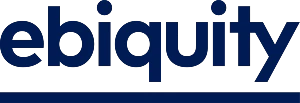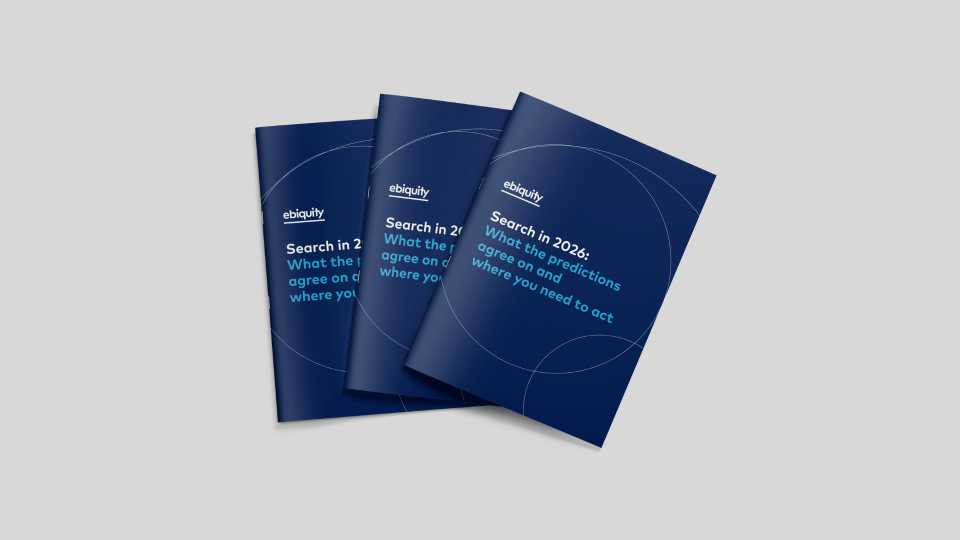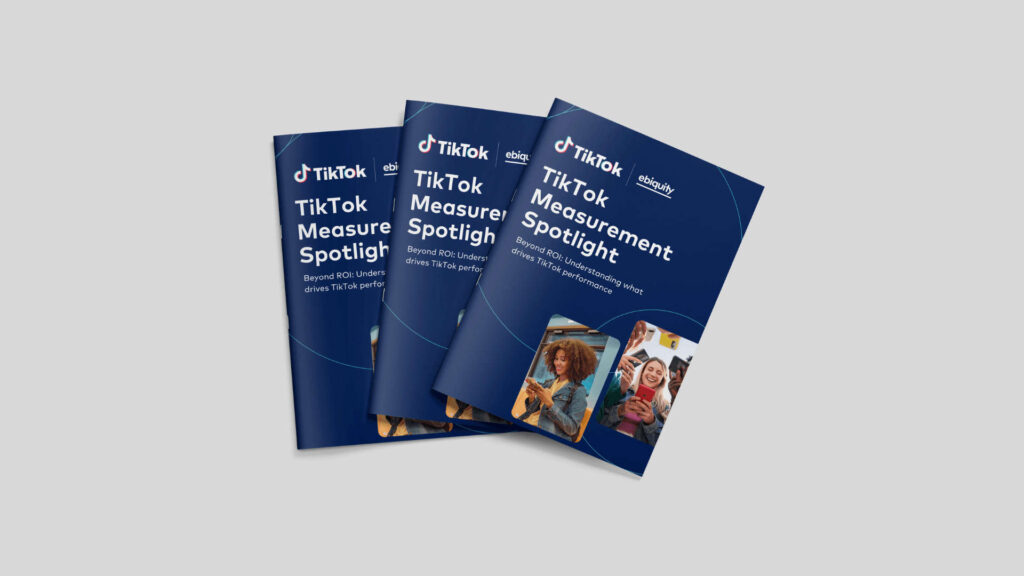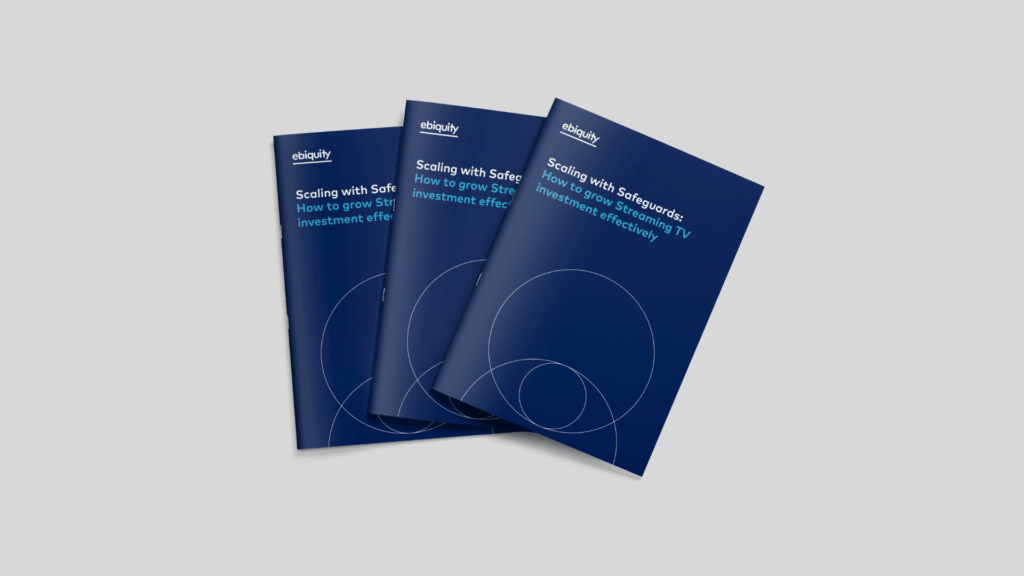Last night at the Media Week Awards 2018, Thinkbox, in partnership with Ebiquity and Gain Theory, won the Trade Body Research gold award with its study, ‘Profit Ability: The business case for advertising’.
Thinkbox set out to demonstrate how advertisers can use advanced data science to provide a comprehensive view of the true business role advertising plays in the short and long term. For the first time, this report quantified the impact that different forms of advertising have on the bottom line.
The study used Ebiquity and Gain Theory pre-existing client-funded analysis of the role of media in driving business performance; the Ebiquity Analytics team focused on the effectiveness of TV in delivering profit ROI to brands, and at scale. The database included results from more than 6,000 campaigns across 150 advertisers in 11 different sectors.
Using this dataset, benchmarks were established for media channel performance by category, in terms of efficiency and volume effects, for both the short and the longer term. Efficiency ranges were also analysed to help risk-assess channel investment – a crucial measure for the boardroom with advertising having to compete so hard for business investment.
The study has shifted emphasis away from pure ROI efficiency to profit outcomes, and given advertisers benchmarks so they know what to expect from their advertising investments. The study has helped cement TV’s role within the marketing mix.
Nick Pugh, Head of Effectiveness says; “Following a profit-damaging drift to short-termism in marketing, the gold award for the ‘Profit Ability’ study clearly swings the spotlight back. Thinkbox, in partnership with Ebiquity and Gain Theory, has clearly demonstrated and quantified the true business role advertising plays in the short and long term. Congratulations!”
Andrew Challier, Global Chief Client Officer says; “Good to see an important piece of work win a gold award at the Media Week 2018 awards event. It clearly demonstrates that investment in TV as a medium, continues to reach economically valuable audiences and influence them to not only buy products and services across a wide range of sectors, but also drive profitability at scale. It was unusual to be part of a project where two rival consultancies have to work together, with the attendant risk of territorial disagreement, so the level of consistency between both parties’ experiences and conclusions should be seen as powerful corroboration”.
To find out more, view the case study on our work with Thinkbox here.









